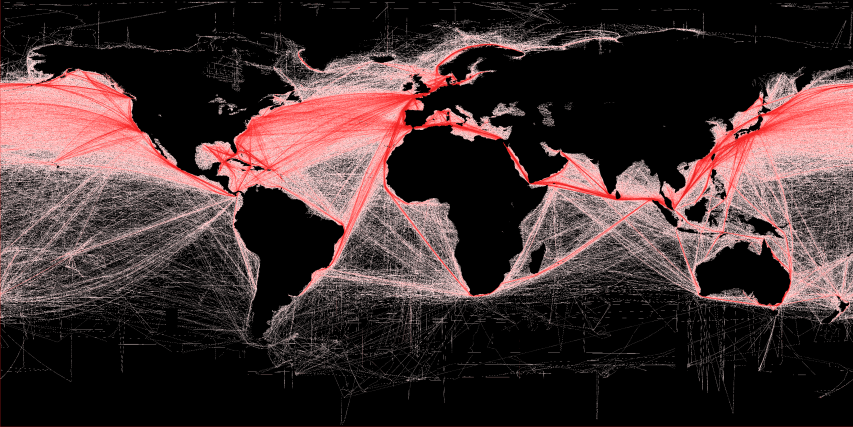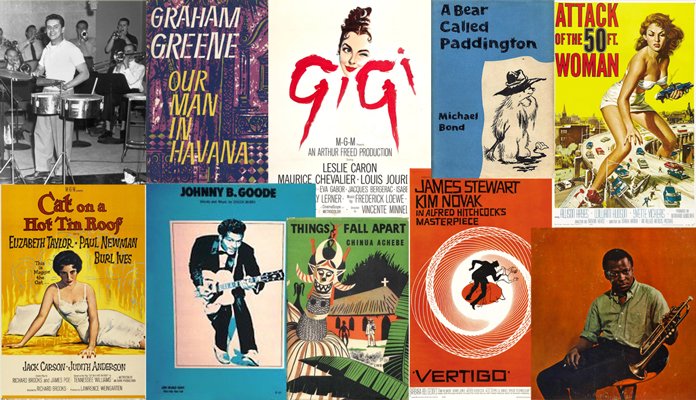In Mother Jones, Kevin Drum looks at the frequent claim on the political right that the “Broken Windows” model of policing was pivotal in reducing urban crime:
The “Broken Windows” theory suggests that tolerance of small acts of disorder creates an environment that leads to rising amounts of serious crime. So if police crack down on small offenses—petty vandalism, public lewdness, etc. — crime reductions will follow. George Kelling was one of the originators of the theory, and NYPD police commissioner Bill Bratton is one of its strongest proponents.
It sounds reasonable, but as Drum points out, it takes credit for improvements that it couldn’t have been driving:
So here’s the thing: this is almost certainly wrong. Not even controversial. Just wrong: broken windows policing may well have been helpful in reducing New York’s crime rate, but there’s flatly no evidence that it’s been pivotal. It’s true that crime in New York is down more than it is nationally, but that’s just because crime went up more in big cities vs. small cities during the crime wave of the 60s through the 80s, and it then went down more during the crime decline of the 90s and aughts. Kelling and Bratton can dismiss this as ivory tower nonsense, but they should know better. The statistics are plain enough, after all.
Take a look at the two charts on the right. The top one shows crime declines in six of America’s biggest cities. As you can see, New York did well, but it did no better than Chicago or Dallas or Los Angeles, none of which implemented broken windows during the 90s. The bottom chart is a summary of the crime decline in big cities vs. small cities. Again, the trend is clear: crime went up more during the 80s in big cities, but then declined more during the 90s and aughts. The fact that New York beat the national average is a matter of its size, not broken windows.
Now, none of this is evidence that broken windows doesn’t work. The evidence is foggy either way, and we simply don’t know. My own personal view is that it’s probably a net positive, but a fairly modest one.





